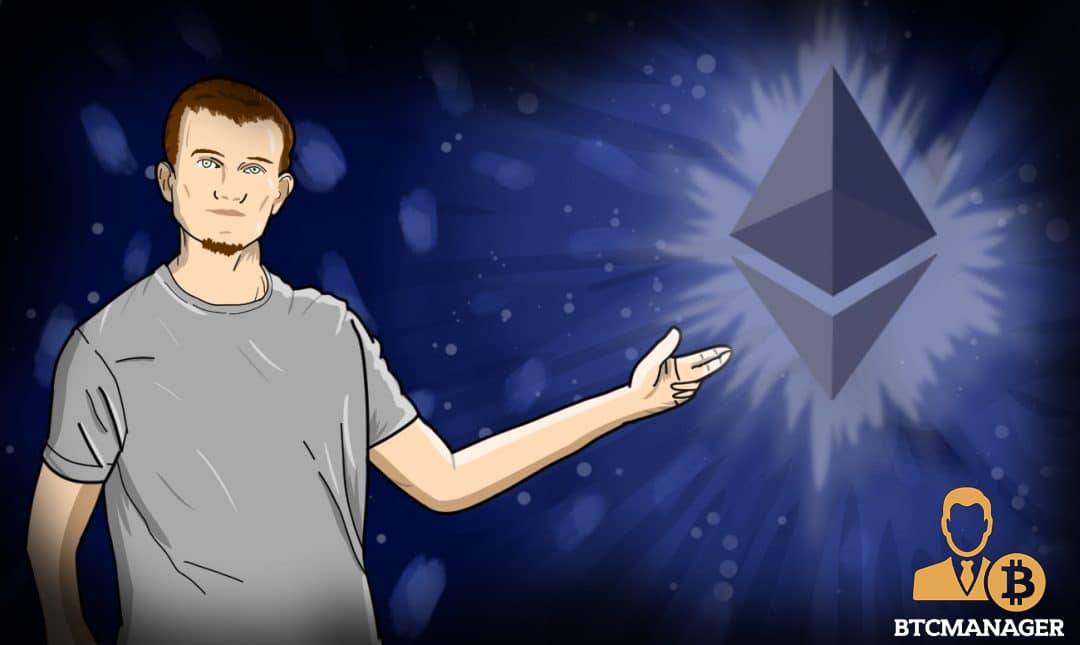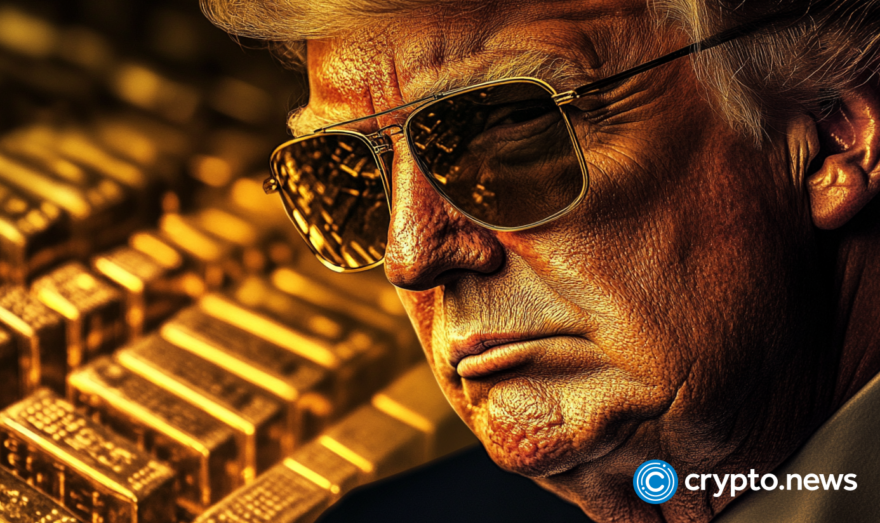Collapse of ETH is Inevitable? Ethereum’s Vitalik Buterin Disagrees

Vitalik Buterin, the founder of Ethereum, replied to a September 3, 2018, report from Techcrunch that claims that the collapse of ETH is inevitable.
No Future for ‘Gas’
According to a report from TechCrunch, the collapse of ETH is inevitable, and we should expect that ETH — the asset, not the Ethereum Network itself — will soon go to zero.
The September 3 report, written by Jeremy Rubin, a technical advisor to Stellar and co-founder of the MIT Digital Currency Initiative, claims that Ethereum as a platform will end up succeeding, despite ETH becoming worthless.
The report aims to explain the mechanism of this downfall by citing Ethereum’s original value proposition.
According to the proposition, Ethereum is a decentralized platform that runs smart contracts: applications that run precisely as programmed without any possibility of downtime, censorship, fraud or third-party interference.
These apps run on a custom built blockchain, an enormously influential shared global infrastructure that can move value around and represent the ownership of property.
Rubin also points out that there is no value proposition for ETH in the official description, and that it’s most likely due to the fact that ETH’s value seems so apparent to the Ethereum Foundation that it is hardly worth mentioning: $ETH fees (dubbed ‘Gas’) is how you pay for all this.
However, Rubin points out that as all kinds of different ERC-20 tokens are built on the Ethereum network, paying for gas in ETH would create substantial risk, third-party dependency, and artificial downwards pressure on the price of the underlying token.
Instead, he proposes paying for gas in non-ETH assets, i.e., the underlying coins. This mechanism is called “economic abstraction.” Simply put, “economic abstraction” is the idea that a blockchain protocol would allow the use of any one of a potentially unbounded number of tokens, rather than a single coin.
Later in the report, Rubin concludes that if all the applications and their transactions can run on Ethereum without ETH, there’s no reason for ETH to be valuable. The only way ETH could retain its value, he said, as if “the miners enforce some sort of racket to require users to pay in ETH.”
He also points out that miners wouldn’t be the only ones looking to get pain in non-ETH assets – risk-averse users would want to minimize their exposure to volatile assets, and token developers would see pricing in their native asset reducing the sell-pressure.
Ethereum Cofounder Disagrees
Despite massive media coverage, Rubin’s report seems to have garnered more criticism than praise. Comments on TechCrunch’s report point out the fact that economic abstraction relies on an intermediary to accept network token and pay the gas in ETH on behalf of the user. That means that ETH is always required to run a contract or a transaction.
Vitalik Buterin, the founder of Ethereum, replied to the report in a thread on Reddit and was seemingly unimpressed with Rubin’s views.
“I have every incentive to disagree with this, but I think there are quite a few very critical economic and technical details that the article is missing,” he said, adding that “we are likely not doing full “economic abstraction.”
“One could also use intermediate solutions, where third parties create “wrapper transactions” that take the fees for operations from users that are paid in spankchain tokens, and the third parties provide the ETH to the block proposer,” he explained.















